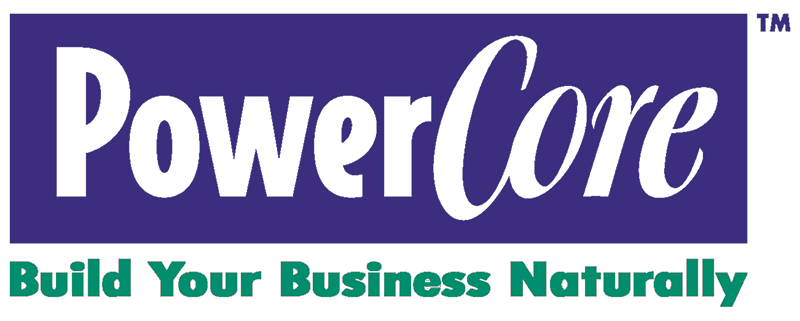What To Do To Get Referrals: Action > Respect
Share four ways you use time to show respect to your prospect and to clients. Do you:
- Let a call go to voicemail if you can't talk then?
- Return all emails by the end of the day?
- Send an agenda before a meeting to ensure everything is covered?
- Take appointments early in the day, even if you're not a morning person?
What do you do to show your clients respect?
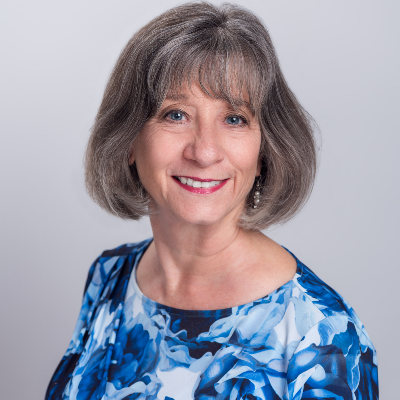
Response from Linda Loud
from the North Point Team
The signature line on my emails indicates that I help women steal away time to pamper themselves, because so many of us are suffering from WTBS. That’s Way Too Busy Syndrome! I show respect for my prospects and clients by trying to accommodate their time constraints when I offer them their Try-Before-You-Buy, free Mary Kay facials. I talk about being their BBF Consultant (Busy But Flexible) because I am very creative in getting hectic schedules to coincide. Here are some examples:
A 7:00 AM Color Consultation so she showed up at the office modeling professional-looking makeup appropriate for the workplace.
An 8:30 PM Bedtime Beauty Bash when moms were finally able to relax and get faces ready for bed after homework/practices/dinner/bedtime routines were done.
A Color Consult on the sidelines while our girls were at soccer practice.
A skin care Handcial (rather than a Facial) in the bleachers at the football stadium while the marching band warmed up before the game.
By the way, I also do adhere to the practices suggested in the trigger… but I wanted to share some ways that are more unique to my Mary Kay business, and that support my claim that “I’m one of the best consultants I know!”

Response from Wendy Kinney
from the PowerCore Team
If I think there's a problem, I call them.
I use the principle "Good news for eyes {email} Bad news for ears {phone}" so I can understand their nuance and get complete information.
I called Connie because I thought a potential Visitor might conflict with her. I called David when he was absent without a Sub for the first time in 28 years!
Hard conversations are hard, and I do them anyway, to show the Member they are important, and I like them.
Response from Jason Wilson
from the Towne Lake Team
"I believe that showing respect starts with being early—not just 'on time.' When I meet with a client, I plan ahead so delays don’t become excuses. If traffic hits, I call before I’m late, but ideally, I’ve given myself enough margin that I never have to. While I’m with a client, they get my full attention—no calls, no distractions. I also make it a point to respond to every client by the end of the day, prioritizing texts and calls. And for the few who prefer email? I search their name directly so they don’t get lost in a sea of 200+ daily messages. To me, great service isn’t just 'treating people how you want to be treated'—it’s treating them better. That’s how I do business, and that’s the kind of service your friends and family can expect when you refer them to me."
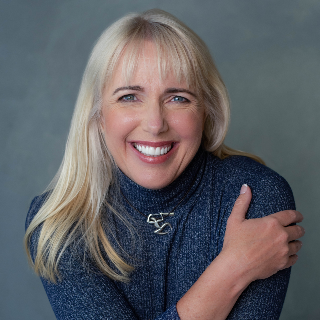
Response from Jessica Walker
from the Peachtree City Team
I show respect for my health coaching client's (and my) time by scheduling in "snow days" as a regular part of my coaching calendar with them. We work for 3, 6, or even 12 months together and life can get very "life-y" no matter how well we plan for success. I give one "snow day" per 3-months.
The "snow days" are added to the end of our calendar of appointments and can be invoked with no penalty during the time of our agreement....no rescheduling or frantic emails required. If, however, a client misses more than their allotted "snow day" allowance, then any reschedules would be charged at $100 per occurrance. Otherwise, they forfeit those extra days that they miss with me.
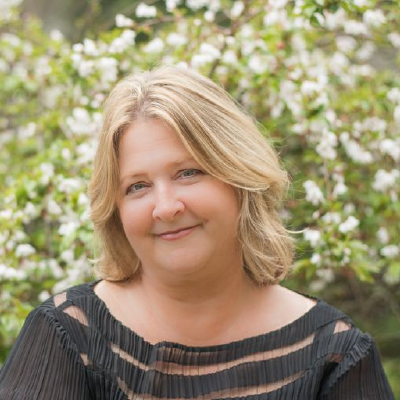
Response from Melissa Howell
Most of my first conversations with clients happen either by email or in person. I really value being respectful of their time and questions, so I always respond to emails promptly and make sure I answer everything clearly. I’ll often say something like, “These are great questions—and actually, other clients have asked similar things at this point in the process. Here’s how I usually answer them. Let me know if you’d like to chat more about any of this!”
When we’re meeting in person, I like to arrive about 15 minutes early and let them know where I’m sitting. If the spot has both indoor and outdoor seating, I’ll usually ask if they have a preference. After the meeting, I always send a quick follow-up just to confirm we're on the same page with next steps.
I also make sure to let clients pick a meeting time that works best for them—and I always ask to meet at the location that’s most convenient for them.
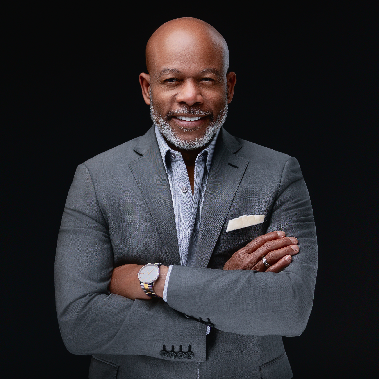
Response from Saurel Quettan
from the Candler Park Team
Time is a language and I use it to speak respect.
When a client or prospect shows up, I’m already ready. That means:
-
I send an agenda ahead of time, so we both know why we’re there.
-
I start and end on time every time.
-
I don’t multitask during sessions. They get my full attention, not my inbox.
-
And if I can’t give them that attention right away? I let it go to voicemail and call back when I can be fully present.
That’s how I honor the weight of their decision to work with me. Their time is already stretched. I don’t waste it. I multiply it.

Response from Tom Wallace
from the Peachtree City Team
I ensure to be a good steward of their time and mine, sticking to a 2-hour time limit on our first session and 1 hour for subsequent sessions.
When I'm not available, I let calls go to voicemail and return the call as soon as I can.
I send a summary of our session to remind them of what we covered, what homework was assigned, and expectations for the next session
My calendar has open times not only during the day, but I also have a couple of days a week open with evening slots as well as every other Saturday morning.
Response from Christopher Lyboldt
from the Roswell 400 Team
Here are a few ways I use my time to show respect to both prospects and clients:
-
I speak directly to the older adult—even when dementia is present. During discovery calls, I make eye contact and include them in the conversation. Talking about them in front of them, as if they’re not there, is never respectful.
-
I create a judgment-free space for every family. Discovery calls are open-ended and compassionate, no matter how complex or emotionally charged the situation. Even when I sense the adult child may have personal motives—like preserving inheritance or avoiding responsibility—I stay focused on what’s best for the older adult.
-
I honor the person living with dementia by embracing their reality. If their world includes memories or beliefs that aren’t accurate, I step into that world with them. Dignity sometimes means validating the fiction instead of correcting it.
-
I always advocate for the older adult’s voice. Even when adult children try to take over the decision-making process, I make sure the senior has agency in the process. Respect means honoring their preferences, not just the family’s convenience.

Response from Lesley Donne
Trust is built off of mutual respect, and I start that process in our initial call by scheduling a time that works for us both, confirming the day before, and then showing up on time for every call and session. I respect my client's time and my own, so we rarely run over on sessions - only if a specific circumstance or question requires it. By structuring and delivering on time for all appointments, I can show my respect for their needs and goals, as well as their practical concerns and schedules.
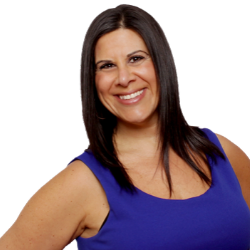
Response from Nicole Comis
One of the things I learned in sales training was to always start with clear commitments. So when I first get on a call with a potential client, I confirm they have 45 minutes. Then I walk them through what to expect: we’ll spend about 30 minutes in a real coaching session so they can get a feel for what it’s like to work with me. At the end, if it feels like a good fit, I’ll invite them into my 6-week coaching program, and we’ll use the last 5–10 minutes to talk through next steps and answer any questions. If we’re running over, I always ask if they have an extra 5-10 minutes—I want to respect their time. Some people appreciate extra time, and others are strict with their schedule, so I never assume.
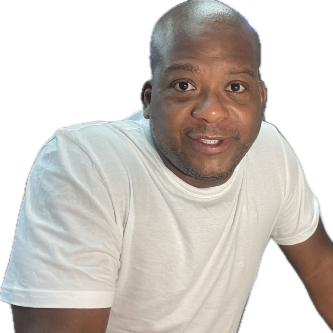
Response from A.K. Adisa
from the South Gwinnett Team
For TeeShirt Slogans:
1. During the discovery phase, I request details in a specific order and timeline to ensure a quick and efficient ordering process.
2. Appointment only for in-person ordering
3. I use a Virtual Assistant to answer calls when I’m not available
4. I return emails at 9am – 2pm – 6pm
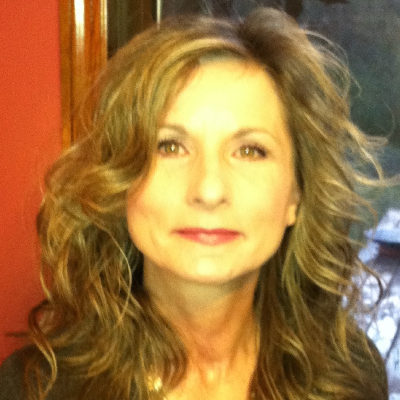
Response from Heidi Franz
I show respect to my prospects and clients by being intentional with time management. For instance, if a client calls and I’m unable to give them my full attention, I let it go to voicemail so our conversation can be focused and productive when we reconnect. I also make it a priority to return all emails by the end of each business day, ensuring clients feel heard and valued. Before any meeting, I send a clear agenda to make sure we cover all essential topics and maximize our time together. Finally, because I am naturally a morning person, early meetings are easy for me, but I always accommodate each client’s scheduling preferences, even if they prefer afternoons or later appointments. These habits clearly communicate to my clients that their time matters to me.
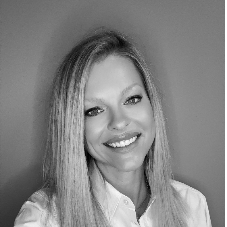
Response from Lacy Loyd
from the Newnan Team
I don’t take calls in front of other clients, but I have a custom message letting callers know I’m in a meeting and will return their call soon—asking them to send a quick text with the topic. This helps me prepare before I reach back out. I make it a priority to arrive early and end meetings on time. I set a reminder in the calendar invite for the day before our meeting. For business meetings, I take notes so I can follow up with meaningful updates instead of vague check-ins. Respect shows up in how I manage both their time and mine.
